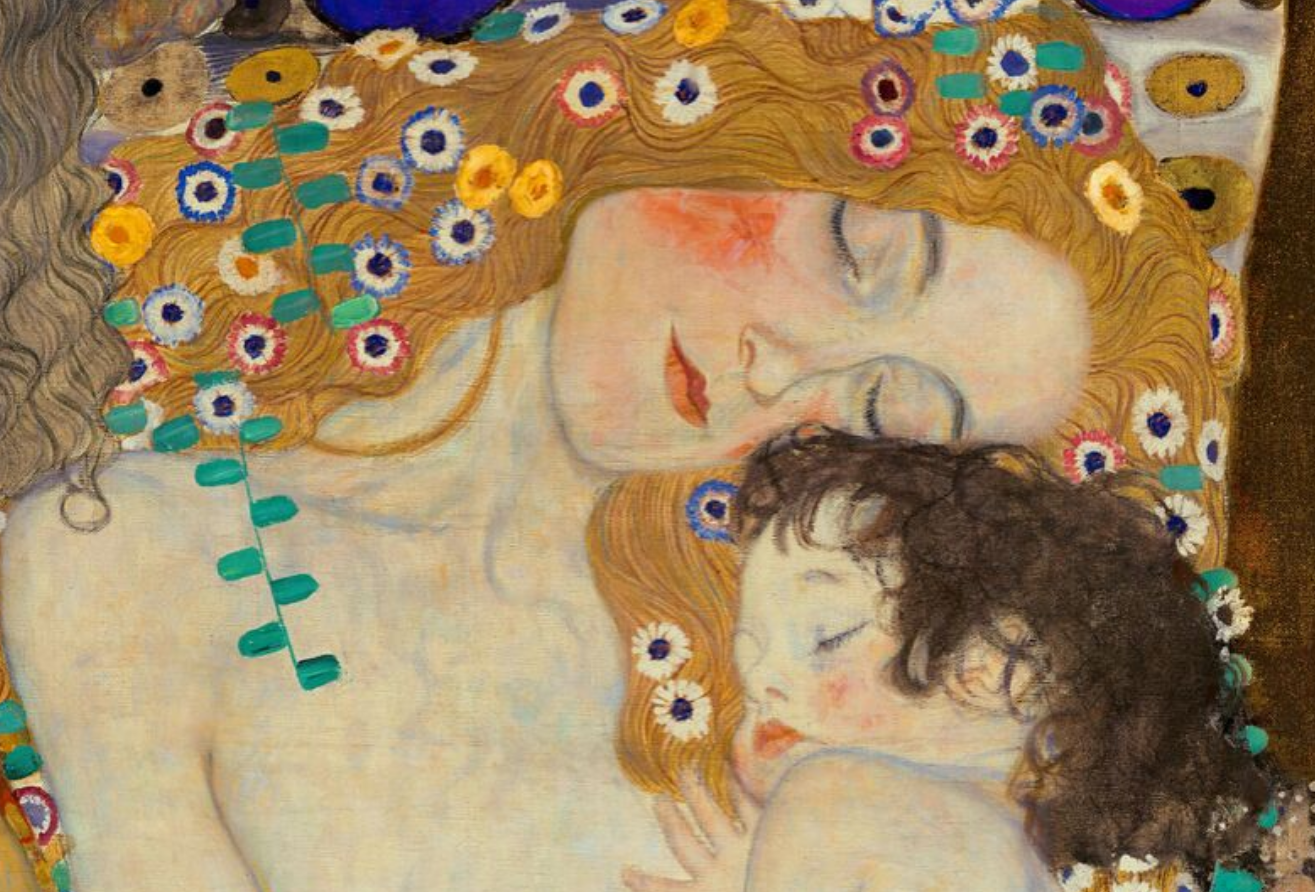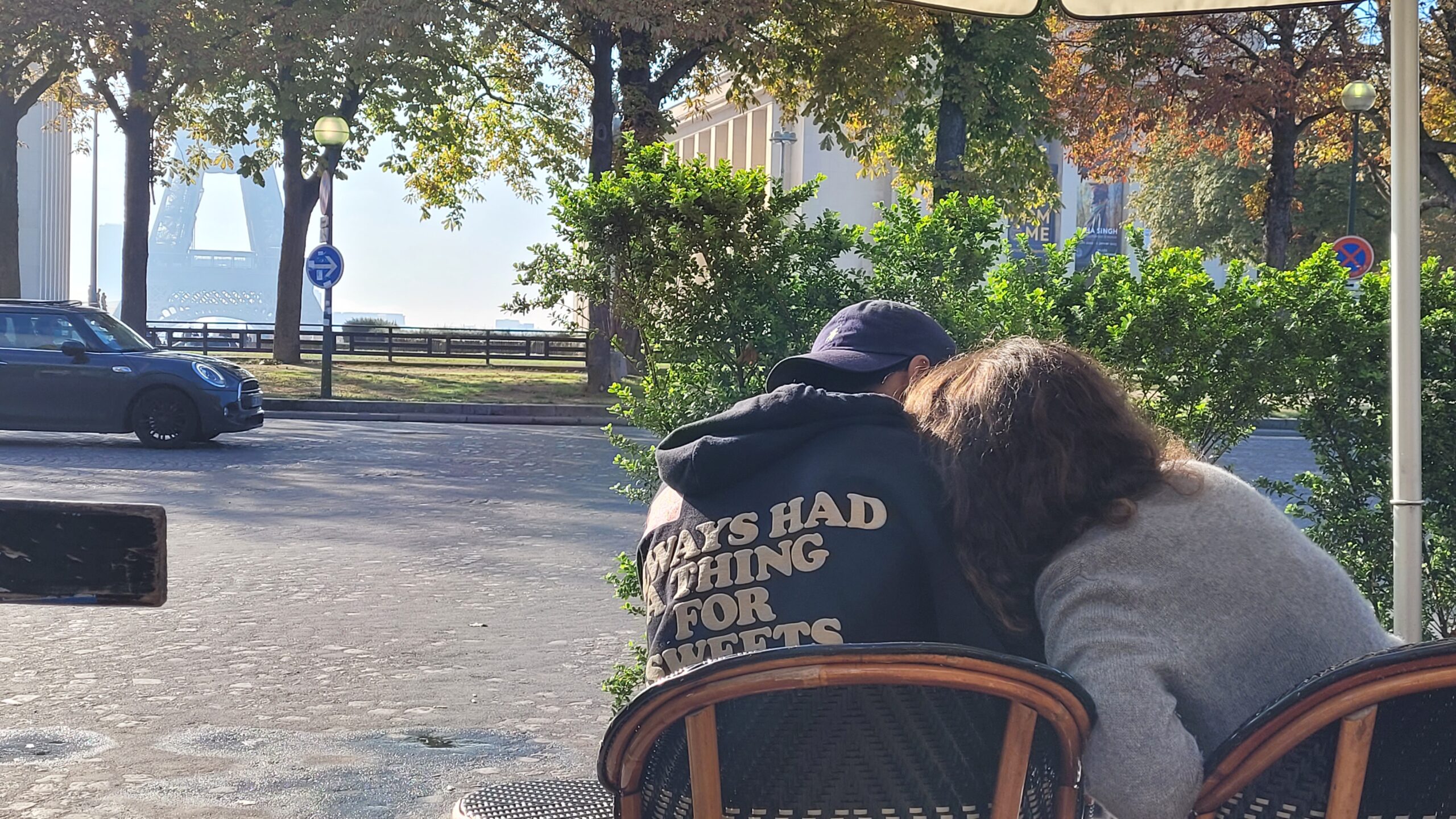Feelings are at the core of any psychological endeavor, yet often looked down upon. The mere fact of having terms like “good” and “bad” to describe how we are feeling indicates how often we judge the things we are going through. But emotion is never good or bad: it is what we make of it.
What they are
When it comes to emotions, people often have a hard time finding the appropriate middle ground. You can have a hard time dealing with them, whether you’re emotionally stunted or hypersensitive…
The six emotions shared by the entire human race all seem to serve an evolutionary purpose and be essential to the survival of our species:
- fear
- disgust
- anger
- sadness
- happiness
- surprise
Other emotions are more culturally-dependent: some can even exist in particular cultures and not in others. Yet, no matter what your emotion is, it is always indicating some kind of need that’s behind it, pointing at your core priorities and values. So why silence it?
What they are not
In cognitive behavioral therapy we distinguish the emotion from the cognition (thought) or the behavior.
For example, feeling in love is one thing, thinking it will last forever is another. In common language however, we tend to mix them up a little: “I feel it is going to last forever”.
It is important to recognize that an emotion and a belief are two very different things – particularly under emotional stressors! You may want to question the thought that is appearing behind a feeling, but don’t try and question the emotion that is not under your control!
You can’t feel a fact and you can’t think out happiness! There is a world of difference between what you feel, that is real, and what you believe under the influence of a feeling (that can be questionable).
What they can be
When the reason-emotion balance seems imbalanced, or an emotion seems “excessive”, it is usually a reason reach out to your mental practitioner.
Emotion can become problematic when we set out to choose which emotion to feel while in reality, this is not really a choice for us to make. This is generally the case for example in panic attacks, where the more you try to look away and the more your feelings tend to increases. Another example we could think off are substance abuse or addictions where coping strategies and auto medication pushes you to consume instead of feeling a particular way.
What they should be
Are you able to recognize your emotions? Are you able to label them , feel them and let them be without any judgment?
Emotion is your purest form of self. It should help you process your experience and give you considerable input on what it is that you really need, even though it is constantly evolving.
You can be angry on one day, sad on the second and happy on the day after: they are all true, and they all reflect on one particular aspect of your experience. Moreover, recognizing an emotion and accepting it unconditionally often contributes to having it evolve, and change.
So practice emotional hygiene, daily. When you are feeling blue, acknowledge it. Take a moment to live it, don’t run from it. And when your heart sets you up for it, transform it, make beauty out of it. Hit up the gym, if your body can take it. Share it with a friend if you need the connection. Dance it out stupidly if you need the fun. Or simply cry it out, like babies do: this is what tears are her for.
And when you feel like you can’t do it alone: seek professional help. And leave no regrets behinds…






